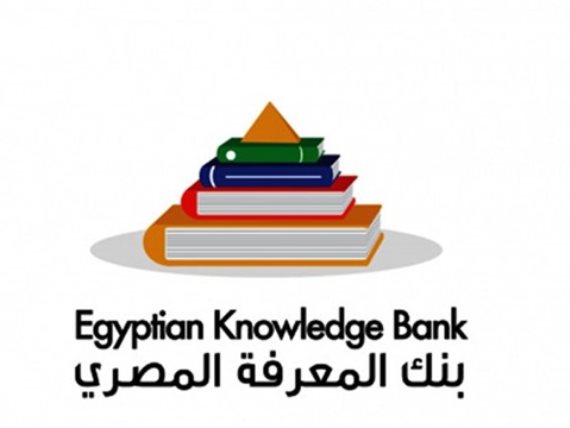About HUE General Framework of Horus University Strategic Plan
General Framework of Horus University Strategic Plan
The strategic plan of Horus University – Egypt (2025–2029) is based on a set of principles that contribute to achieving its goals and strengthening its academic, research, and societal position. These key principles are as follows:
1. Academic and Educational Excellence
- Enhancing the quality of academic programs: Developing curricula to align with global advancements and labor market needs.
- Promoting modern teaching methods: Utilizing technology in education (e-learning, virtual classrooms, etc.).
- Supporting faculty members: Providing them with continuous training and professional development opportunities.
- Assessing academic performance: Establishing periodic evaluation systems to measure teaching and learning quality.
2. Scientific Research and Innovation
- Supporting scientific research: Providing necessary funding for innovative research projects.
- Establishing specialized research centers: Focusing on research areas of national and global priority.
- Encouraging scientific publication: Supporting researchers in publishing their work in prestigious scholarly journals.
- Enhancing research collaboration: Building partnerships with international universities and research institutions.
3. Community Service and Sustainable Development
- Community service programs: Organizing voluntary initiatives and awareness campaigns to serve the local community.
- Consulting and training services: Providing scientific and technical consultancy for the public and private sectors.
- Enhancing social responsibility: Supporting projects that contribute to achieving sustainable development goals.
4. Industry and Labor Market Partnerships
- Strengthening collaboration with the industrial sector: Establishing partnerships with companies to provide training and employment opportunities for students.
- Developing labor market-oriented academic programs: Designing curricula that meet labor market demands.
- Establishing business incubators: Supporting students and graduates in establishing entrepreneurial ventures.
5. Institutional Development and Infrastructure
- Upgrading university facilities: Improving the university’s infrastructure, including buildings, laboratories, and libraries.
- Enhancing technological infrastructure: Modernizing technological systems and creating a smart learning environment.
- Improving university administration: Developing management systems and administrative operations to ensure efficiency and transparency.
6. International Cooperation and Knowledge Exchange
- Building international partnerships: Signing cooperation agreements with global universities for student and faculty exchange.
- Attracting international students: Developing marketing programs to attract students from around the world.
- Participating in global rankings: Working to improve the university’s position in international rankings.
7. Human Development and Empowering Staff
- Training and developing staff: Providing training programs for administrative and academic personnel.
- Fostering a culture of innovation and creativity: Encouraging students and faculty to innovate through incentives and support.
- Enhancing work environment: Creating a motivating and supportive work atmosphere for university staff.
8. Financial Sustainability
- Diversifying revenue sources: Seeking new funding opportunities through private sector partnerships and international grants.
- Efficient resource management: Improving the financial management of the university to ensure sustainability.
- Supporting income-generating projects: Establishing investment projects to increase university revenue.
9. Reputation and Institutional Identity
- Enhancing the university’s reputation: Improving the university’s image locally and internationally through academic and research achievements.
- Effective communication: Utilizing media outlets and social networks to promote university accomplishments.
- Strengthening institutional identity: Building a strong visual and cultural identity that reflects the university’s values and mission.
10. Innovation and Technology
- Adopting modern technologies: Utilizing artificial intelligence, big data, and emerging technologies in learning and research.
- Developing a smart campus: Establishing smart infrastructure that supports learning, research, and administration.
- Encouraging innovation: Launching competitions and programs to support the innovative ideas of students and faculty members.
These principles form the general framework of the university’s strategic plan, which will be further detailed into strategic goals, sub-objectives, activities, and procedures in line with the university’s vision and mission.

Prof. Ibrahim Saber
Board of Trustees Chairman
welcome everybody who participates in building a future for our own country to help it take a considerably distinctive place among nations.

